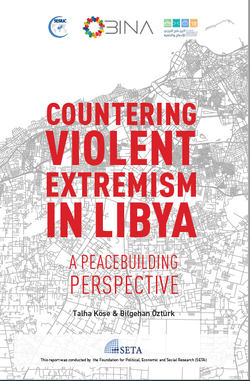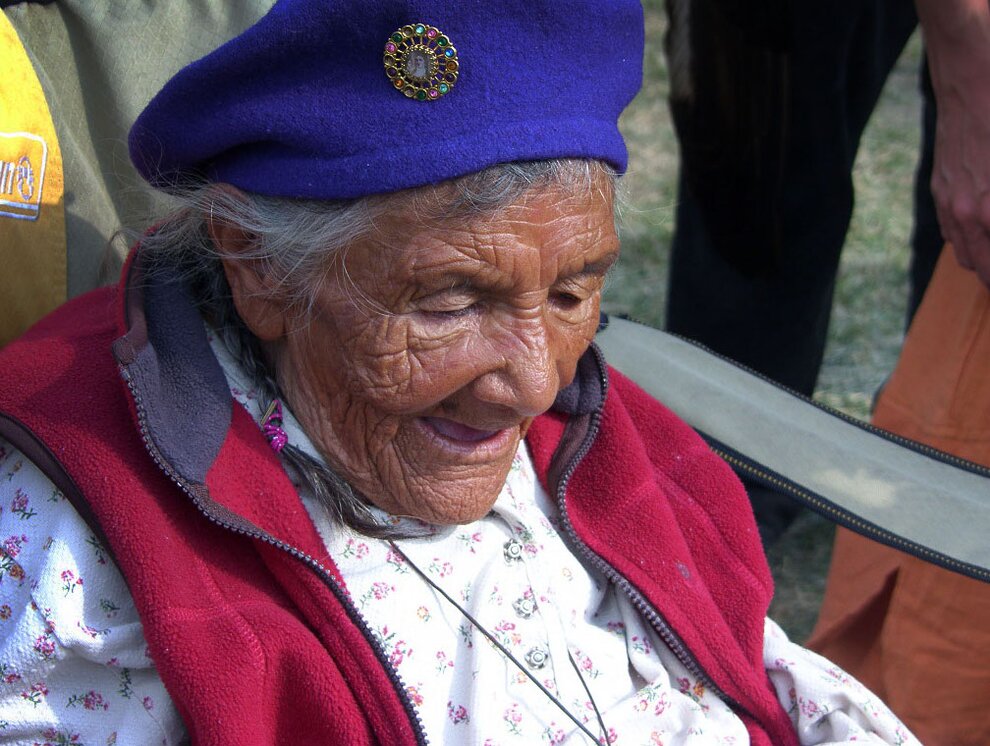Countering Violent Extremism in Libya: A Peacebuilding Perspective
8th session of the webinar "Political participation in its “extreme” Middle Eastern context"
Thursday
16
September
2021
5:00 pm
6:30 pm

Published at 16 September 2021






